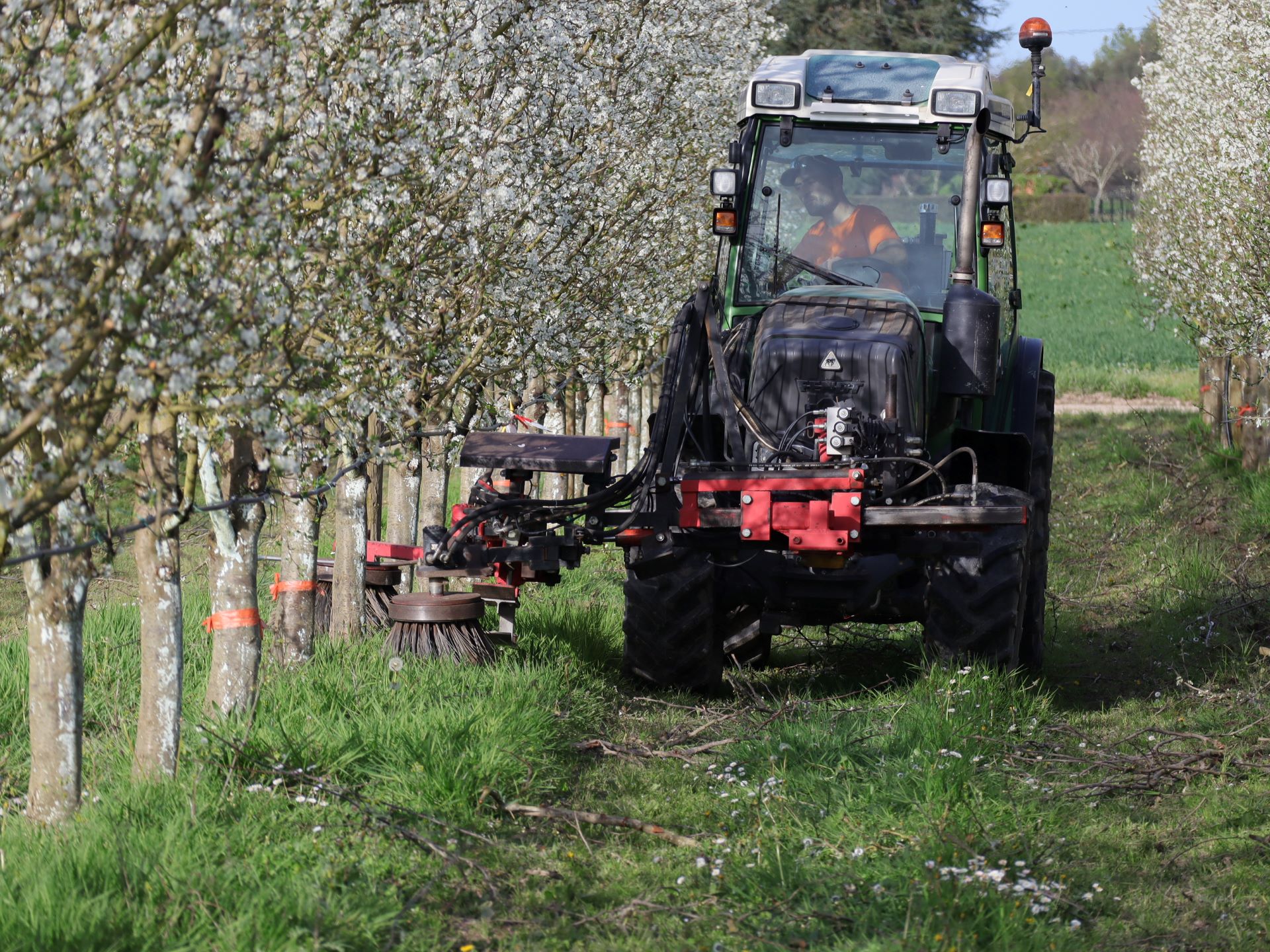Agriculture is at the heart of France’s economy and culture, with the nation being one of the largest producers of fruits, vegetables, and livestock in Europe. From traditional farming methods passed down through generations to cutting-edge innovations in agri-tech, France is a dynamic agricultural hub. However, with the rise of digital technologies and increasing pressure to balance sustainability with productivity, the sector faces both challenges and opportunities. Understanding and supporting the adoption of these technologies is critical to ensuring that French agriculture remains competitive in the global market while meeting the demands of modern consumers and environmental standards.
At the forefront of applied research in France’s fruit and vegetable sector, the Interprofessional Technical Center for Fruits and Vegetables (CTIFL) plays a pivotal role in shaping the future of agriculture. From production to distribution, CTIFL helps professionals in the sector navigate the evolving challenges of sustainable farming, consumer demands, and increasing competition.

CTIFL’s research and service programmes keep them in regular contact with professionals across the country, ensuring they understand the practical needs and practices of the industry. But their scope goes beyond technical know-how – they address social, economic, and environmental issues as well. Collaborating with agricultural institutes in France and neighbouring countries such as Spain, Italy, and Germany, CTIFL offers a broad and comprehensive view of the industry, extending its impact across borders.
One of the key challenges CTIFL tackles is the diversity of agricultural practices in France. The country boasts a wide range of sectors, including livestock, cereal, oilseeds, vineyards, fruit orchards, vegetable farming, and even horticulture and perfume plants. Farms vary greatly in size, organisation, and income levels, creating a diverse landscape when it comes to the adoption of new technologies.

Mechanical weeding of a plum orchard (Credit: CTIFL)
CTIFL’s ecosystem connects various stakeholders, including farmers, agricultural cooperatives, advisory bodies, national associations, experimental networks, and research institutions. Their goal is to create a collaborative environment, where knowledge and insights flow freely, helping all players in the agricultural sector benefit from advancements in technology.
CTIFL’s current focus is to explore how digital technologies are being adopted in French agriculture. Their surveys among farmers, technical advisors, researchers, cooperatives, and public authorities are crucial for collecting data. These surveys are being distributed via CTIFL’s extensive partner networks, including interprofessional organisations, research centres, and associations dedicated to new technologies.
In addition to survey data, insights will be drawn by publicly available information, scientific publications, and the in-house expertise of CTIFL’s specialised team. This research will provide valuable insights into the barriers and benefits of technology adoption, laying the groundwork for future policies that will drive innovation in agriculture.
By the end of the project, CTIFL aims to have a deeper understanding of how digital technologies are being adopted within the agricultural sector in France. Through collaborations with various stakeholders, CTIFL will identify key factors that influence adoption rates and highlight potential barriers. This research will also pave the way for ongoing monitoring of digital technology use in agriculture, not only in France but across Europe.
Ultimately, the findings from this project will provide important insights for policymakers, helping to guide decisions that will support innovation, improve agricultural performance, and reduce costs for those who adopt new technologies. This project marks a significant step forward in the future of sustainable and competitive farming.
Cover image: Organic peach trees (credit: CTIFL)
Intrigued by our work and eager to assess the adoption of digital tools and help shape the future of agriculture and forestry? Don’t forget to share your insights through our survey: https://wur.az1.qualtrics.com/jfe/form/SV_3ZYlHCXhpiDJyyq